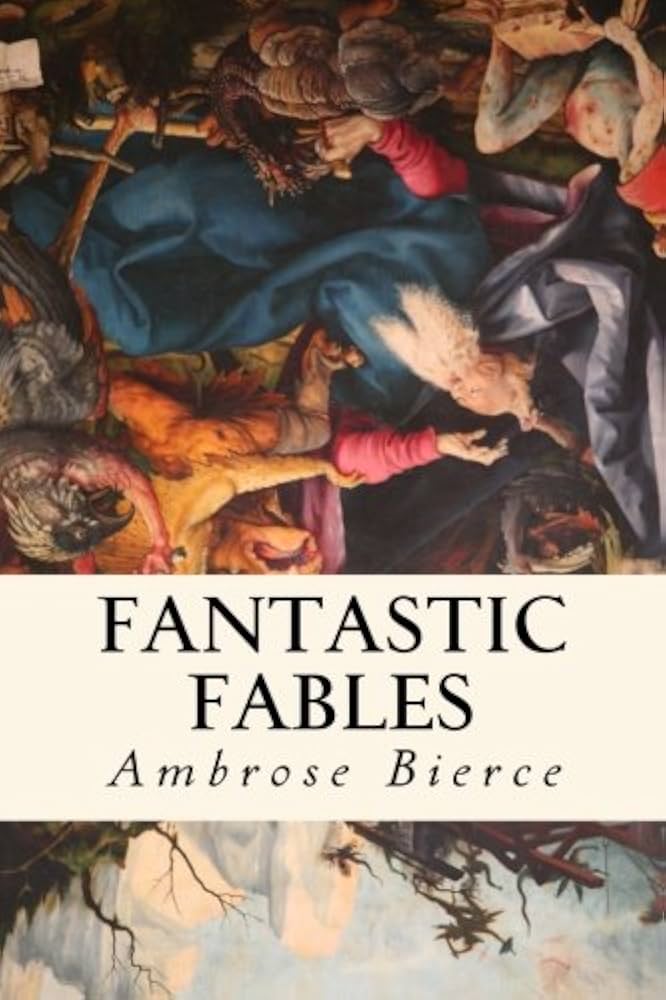The Ingenious Patriot
byThe Ingenious Patriot was no common citizen; he was a man of clever contradictions and keen timing, one who knew how to dress his ambition in patriotic robes. He requested a private audience with the King, claiming to possess a secret that could both preserve and endanger the kingdom. What he unveiled first was a type of armor so resilient it could withstand the most powerful artillery. According to him, no cannon ever built could breach it, and outfitting the royal fleet with such plating would render it untouchable in any naval conflict. The ministers nodded in agreement, enchanted by the prospect of military invulnerability. He offered to sell this invention for a million tumtums, and the King, stirred by visions of national superiority, agreed.
Before the ink could dry on the agreement, the patriot pulled another marvel from his collection. It was a gun—sleek, efficient, and explicitly built to tear through the impenetrable armor he had just sold. The ministers gasped, the King leaned forward, and the palace guards exchanged curious glances. To them, this wasn’t betrayal; it was genius, layered in economic opportunity. Again, the inventor stated his price: a million tumtums for the gun, promising to sell only to the Crown. The monarch, half in awe and half in disbelief, accepted once more. The inventor now controlled both shield and sword, posing as the solution to a problem he had just created.
Before anyone could question his motives, the inventor reached into yet another pocket and mentioned a third breakthrough—a method to reinforce the armor so that the gun would be ineffective once more. The room went silent. Whispers rose like smoke among the officials, with one voice finally asking how many of these innovations he had in store. Suspicion brewed. The King, disturbed by the implications, ordered a search. As his Great Head Factotum patted the inventor down, they uncovered pocket after pocket, forty-three in total, each presumably containing new and possibly contradictory schemes.
Recognizing the loop he had been drawn into, the King laughed not out of joy but exasperation. “We shall end this at the source,” he declared. The inventor, while compensated with forty-two million tumtums, was still turned upside-down like a coin purse and sentenced to death. The crowd observed silently, unsure whether justice or satire had been served. The monarch’s decision, though severe, was rooted in the realization that limitless invention, when left unchecked by ethics, could destabilize a nation more thoroughly than war. By selling solutions to problems he had intentionally engineered, the patriot had revealed the dangerous side of genius unchecked by conscience.
This fable stands as a stark mirror to the arms race and the industrial cycles of conflict-driven innovation. The inventor was not evil in the traditional sense, but he exploited a system addicted to dominance. His “patriotism” was not grounded in love for his country but in the profits extracted from its insecurities. He exemplified a phenomenon still echoed today—where inventors, industries, or even nations build one technology only to design its obsolescence in the next breath. Progress is marketed in increments, never resolution, because permanence doesn’t pay.
In a broader reflection, the tale hints at the ethical paradox of modern innovation. It challenges readers to consider: when someone controls both the problem and the solution, is their brilliance a benefit or a threat? The absurdity of the situation—an endless loop of invention and counter-invention—points to the futility of power pursued for its own sake. It warns us to remain critical of those who wrap opportunism in nationalism and to ask deeper questions about intent, not just innovation. Real patriotism, the fable suggests, should strengthen a country without tying its survival to an endless chain of escalating threats.


